As parents, we all need to understand the importance of communication in the cognitive development of children, which includes thinking, reasoning, remembering, imagining, learning words, and using language. From the age of 12 months, a baby starts saying his or her first words.
In R’s case, he said his first word at the same age. While he, himself, was practicing himself with a mumble jumble, I made it interesting and easy for him to feel and try the pronunciations with the help of different activities.
Even if there is a different milestone pattern for a child in speaking or if he or she has not started speaking yet despite reaching a certain age, you must try these fun activities that will help him/her develop these language skills.
With the activities for communication and language designed for toddlers below, I intended to help kids learn and practice their language skills.
Let’s get into the real fun….
Pretending a phone conversation with your toddler is oneof the go-to activities. You can also try pretending to be different characters or people, such as a friend, family member, or even a superhero.
This can help improve their creativity and imagination. Remember to keep the game fun and lighthearted. Don’t worry too much about sticking to the rules or being too serious. This is a great way for you to bond with your child and have some quality playtime together.
It is a great idea! Singing with your toddler not only helps improve their language skills but also encourages bonding and fosters a love for music.
“Look for songs or rhymes with simple lyrics and catchy tunes that your toddler can easily pick, sing, and dance to, such as johny johny yes papa OR twinkle twinkle little star. I added hand gestures and movements during sleep time, when R has complete focus on me. This helps go along with the lyrics and increase adaptability in kids.”
Remember to pause between verses and explain the meaning of new words or repeat the chorus to help them remember the lyrics but the first and most important part is to maintain eye contact with kids which will boost their learning.
Ask your toddler to name different items in your home by pointing to them. Until he learns to pronounce the names on his own. This is a simple method to increase and strengthen his vocabulary.
This game can be played anywhere, including your home, a park, and even a grocery store. Don’t forget to make it fun and engaging for your toddler by adding some excitement and praise when they correctly identify the objects.
In addition to that by the time your kid is 20 to 24 months old try calling them by their name and see if react to it as their reaction is a positive sign of their developing brain and voice recognition learning.
4. Use Complete Sentences
Ask your little ones straightforward questions and encourage them to use complete sentences to help them create powerful, coherent sentences and learn to put them together.
Teach your child to give a complete response when you ask him basic questions like, “Do you want to eat an apple?” this improves the ability to express their thoughts in words and actions.
Yes, reading to a young child can be a great way to expose them to new words and ideas.
As you read, you can also encourage them to ask questions or make predictions about the story to develop their imaginative mind and improve vocal skills.
Additionally, pointing out specific pictures and asking them to name them can help them with vocabulary and comprehension skills. It’s a great way to spend quality time together while also helping them learn and grow.
Another great idea is to play Join the Dots a wonderful way to engage toddlers and help them develop their fine motor skills while learning the letters of the alphabet.
You will need some paper, a pen or marker, and some crayons or coloured pencils. On each sheet of paper, draw a letter of the alphabet using dots to represent each point of the letter.
Show your baby the first sheet of paper with the dotted letter on it. Explain how to connect the dots to form the letter.
You can say things like “Great job” or “You’re doing so well.” to encourage your child.
7. Give Him Puppets and Toys
Give your growing kid puppets or toys, and urge him to talk to them. Kids are imaginative and artistic once you point them in the right direction, they’ll take charge and speak their hearts out with their new friends.
Puppets can be used to have informal conversations with your kid. To make playtime more enjoyable, put on a puppet performance. This activity will make your little pumpkin feel safe and develop a non-judgmental approach to the environment around him.
8. Create Obstacle Course
You can set up a basic obstacle course around the house for your toddler if they are older than 18 months.
Start by having your toddler crawl under a table or chair. You can tape the floor to make lines and paths. Setting up a small tunnel made out of pillows, cushions, or blankets can also help. Place stuffed animals on the ground and ask your child to jump over them.
Another idea can be to set a small basketball hoop or a target for your toddler to throw a softball into. To prevent confusion, give your child one command at a time. Give him some time so he can finish the task. Additionally, you can print out instructions and post them all over the home.
Encourage your child to describe things to you in-depth whenever you are having a conversation with him. Show and make your kids identify an item you see on the street, like a car, dog etc.
When your little one says “car” Include more information about it like you can say “It’s also called an automobile my dear. It’s a long, blue or black vehicle.
Your child’s lexicon will grow as a result of this activity as well as his capacity for observation.
You must use proper grammar and communicate as clearly as you can because your child will imitate you and pick up on your habits.
Regularly teaching new words and describing their meanings will make your child speak more effectively, and your toddler’s development of language can help him get ready for the future.
As a parent, it is important to recognize the significant role you play in shaping your child’s language development. With your guidance and support, your child can gain the confidence and skills they need to communicate effectively and prepare for a successful future.










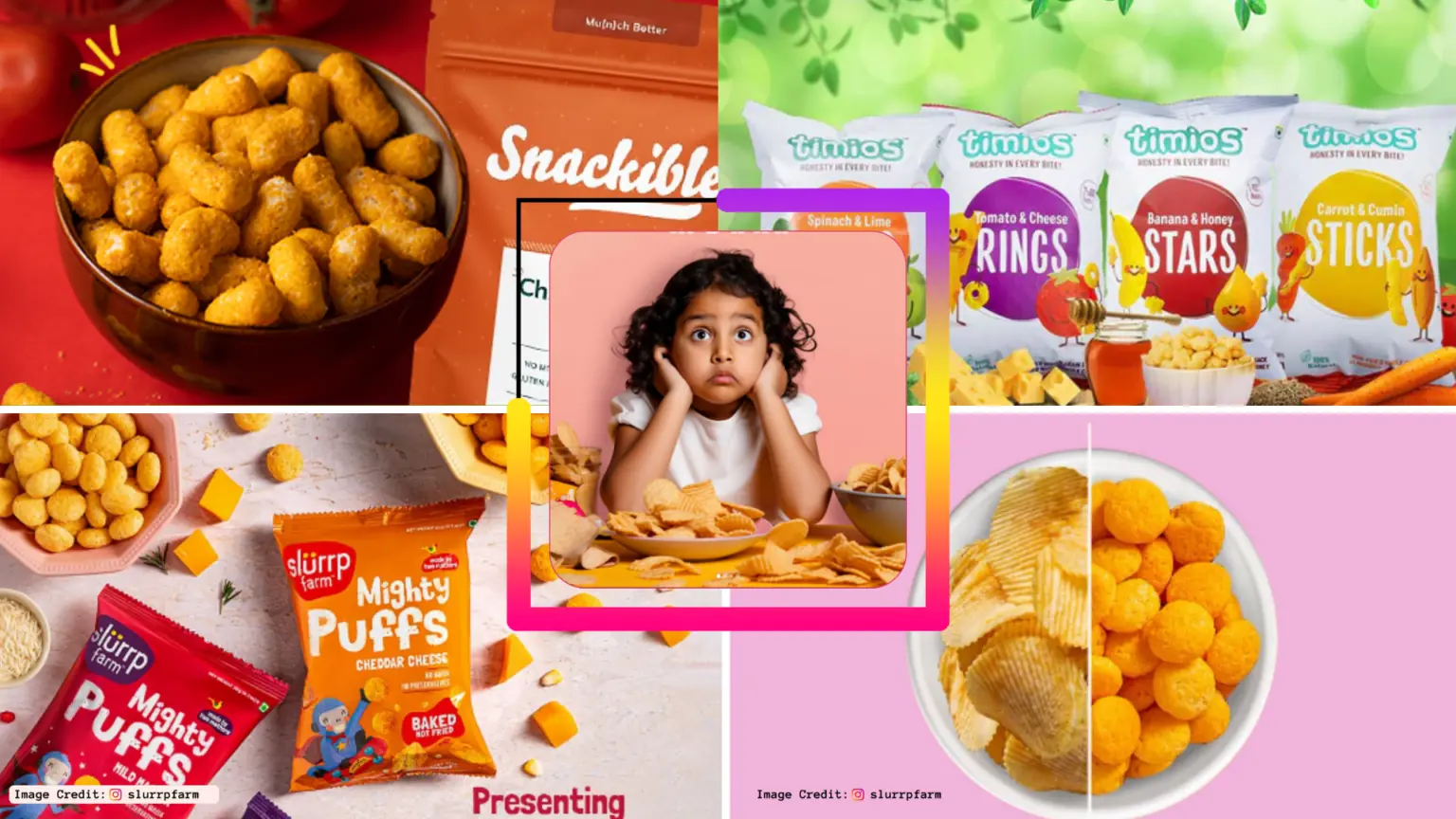
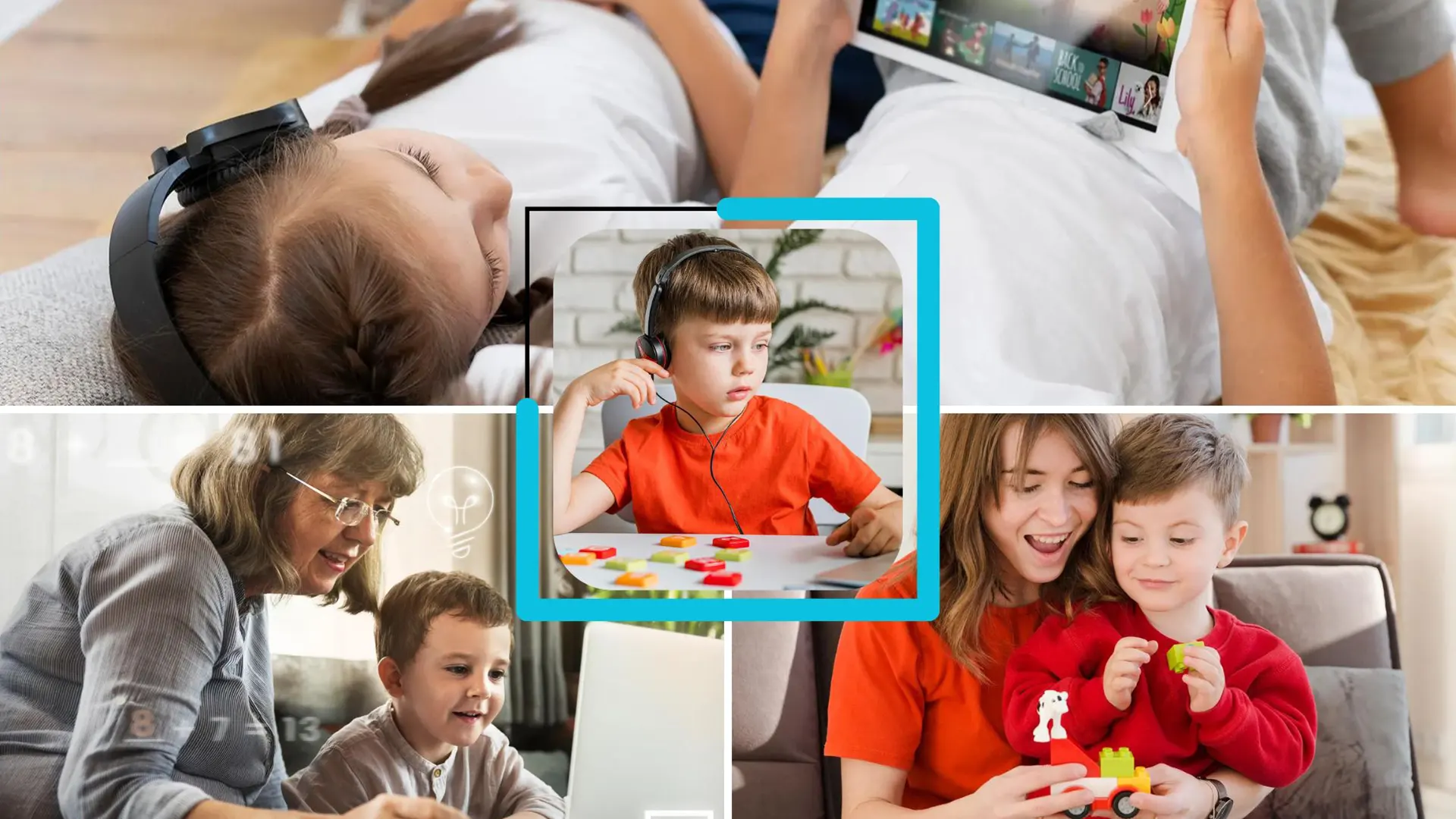





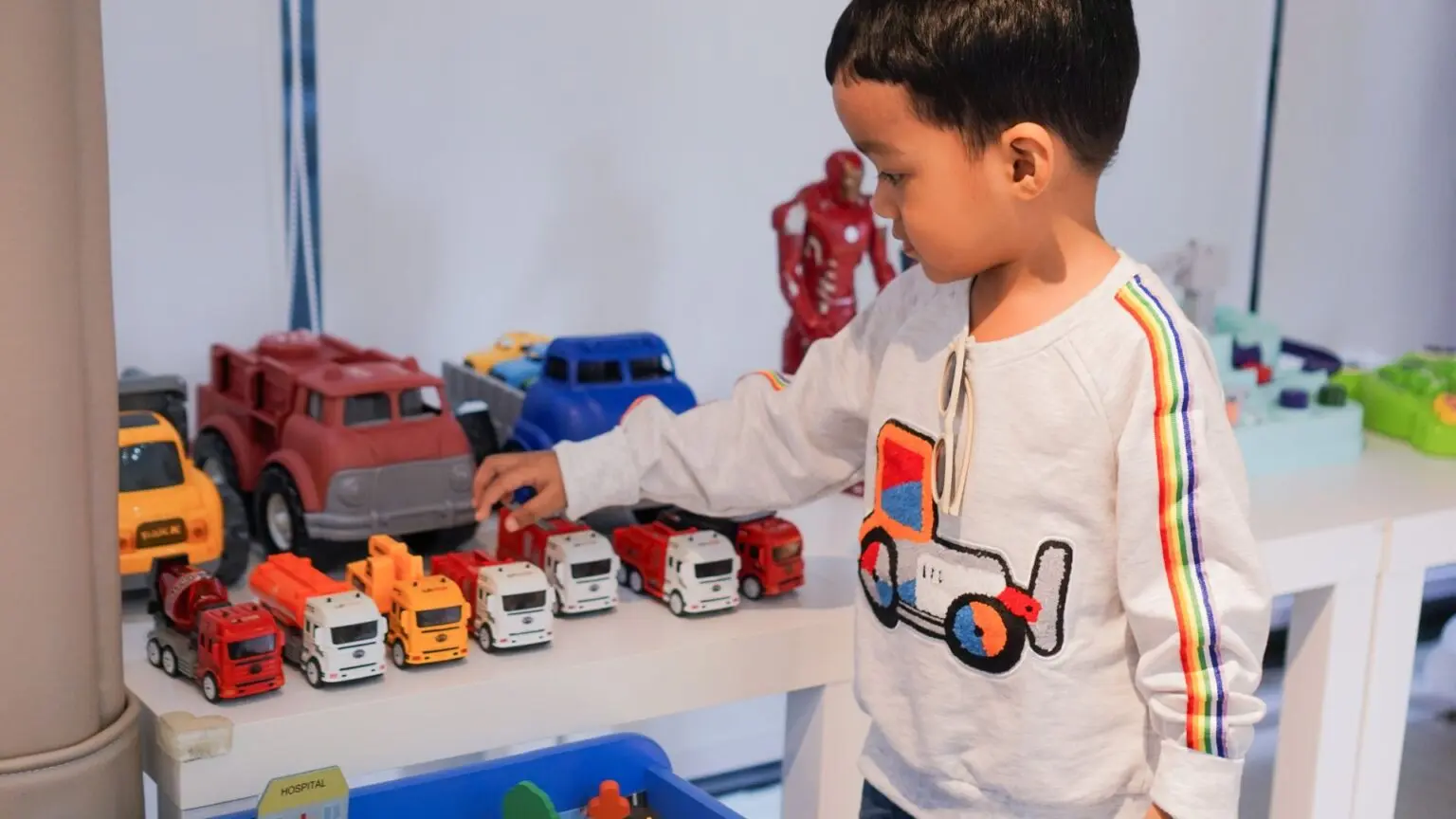






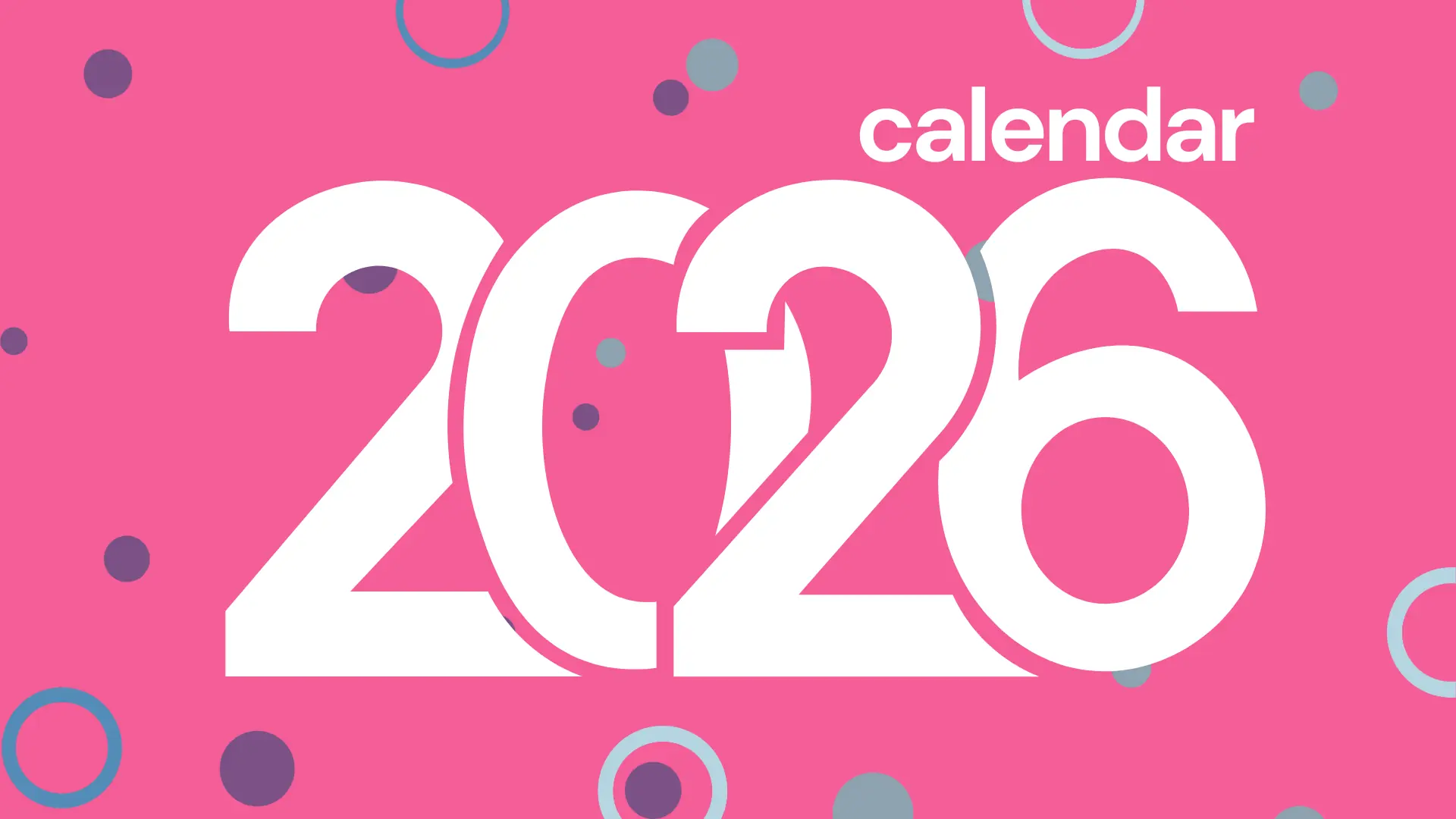





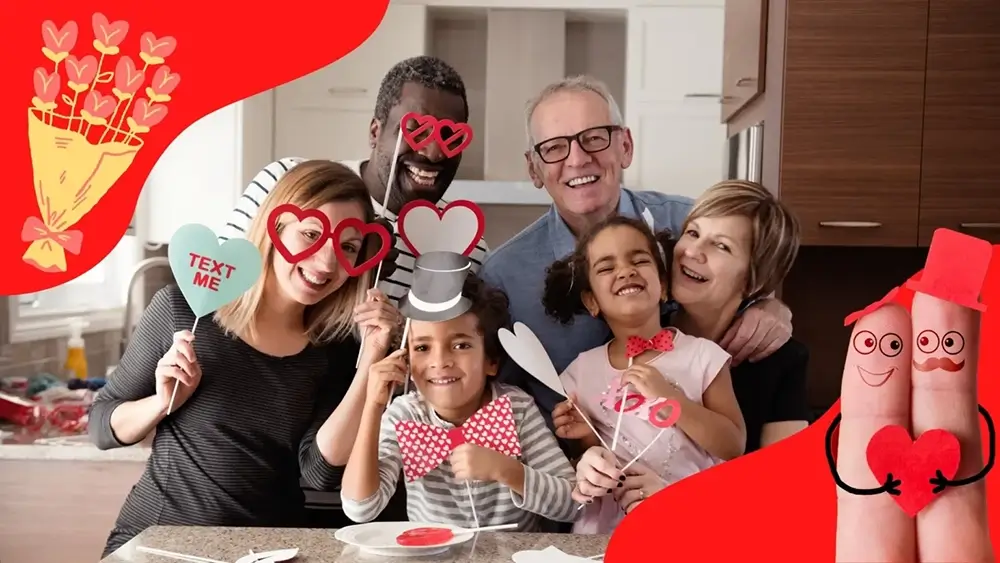



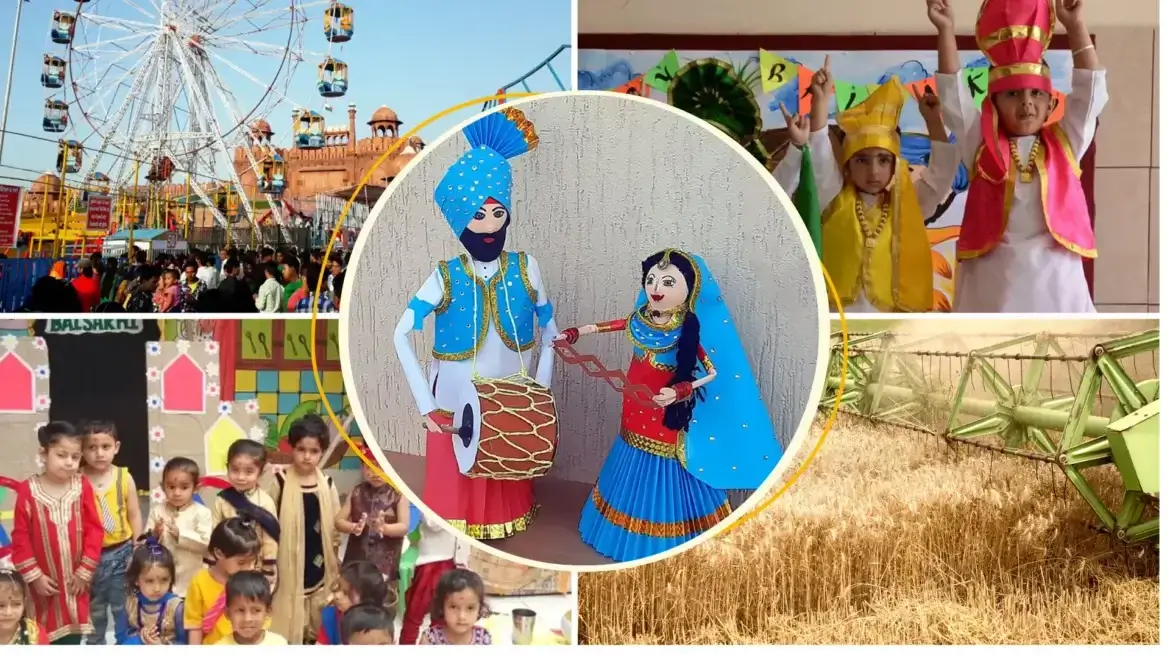










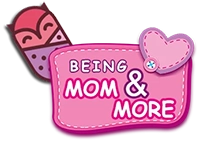
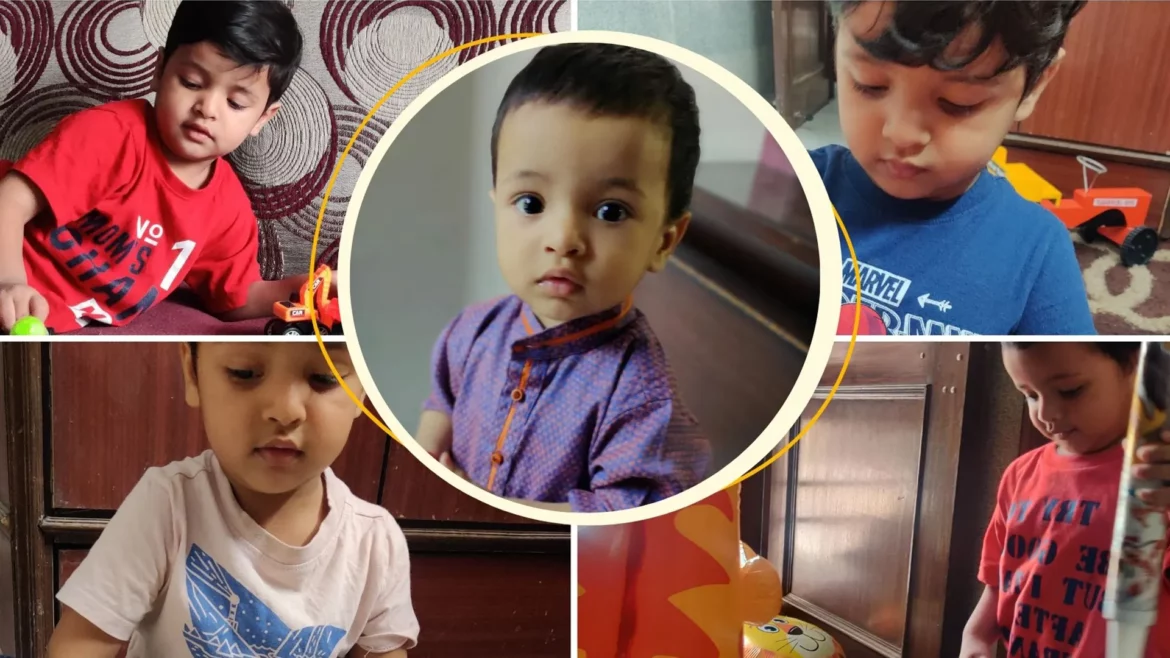



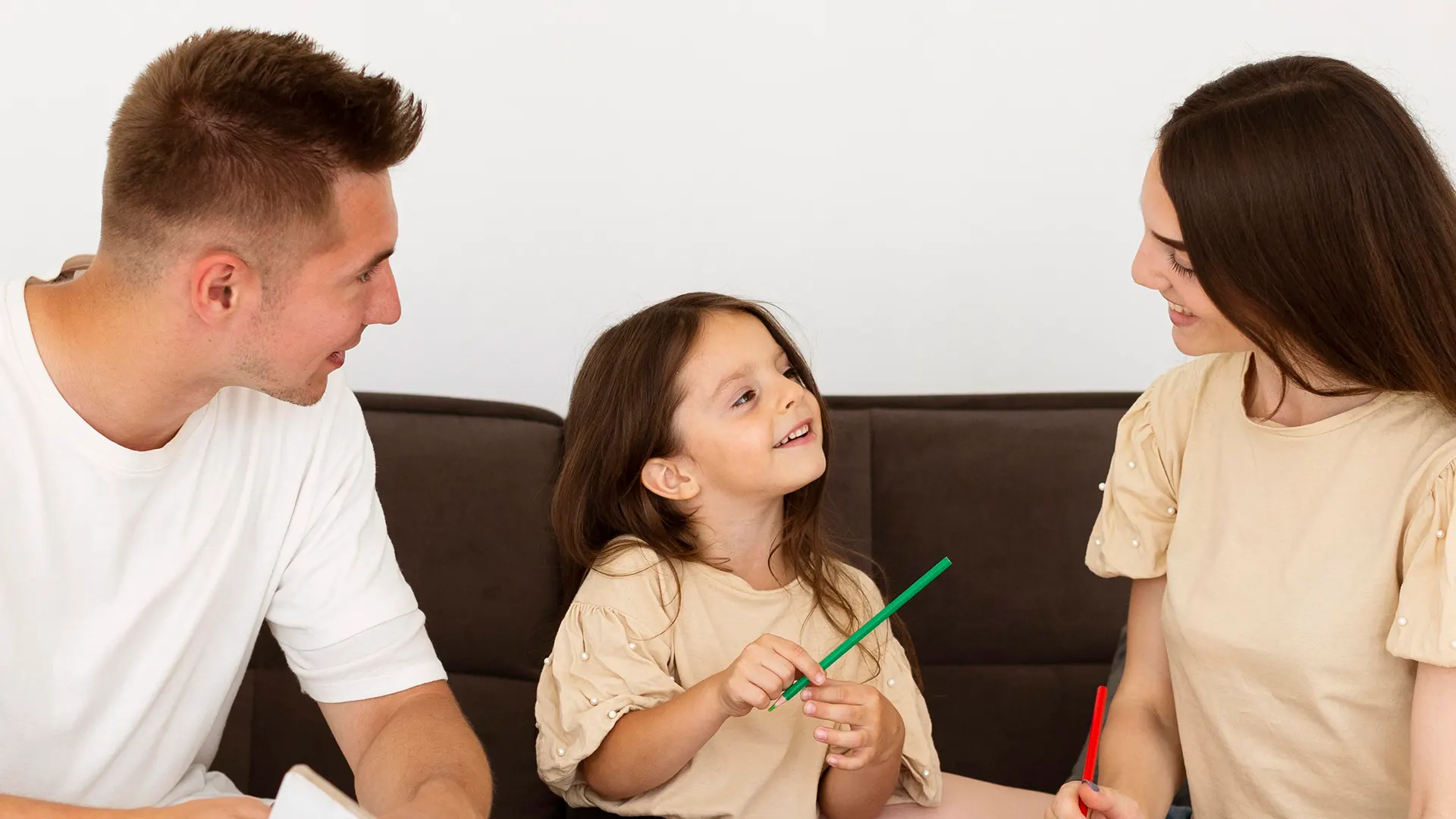




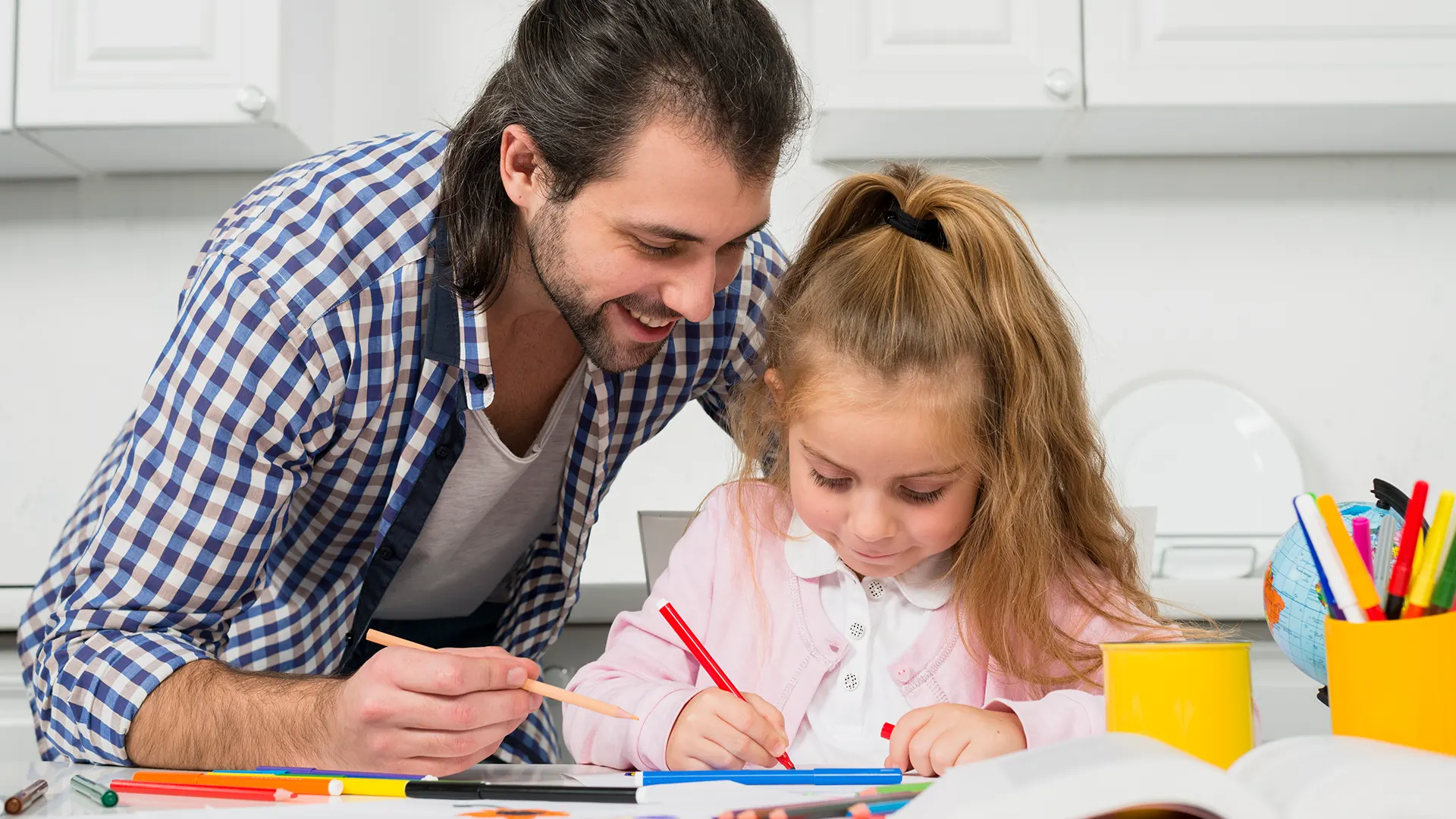
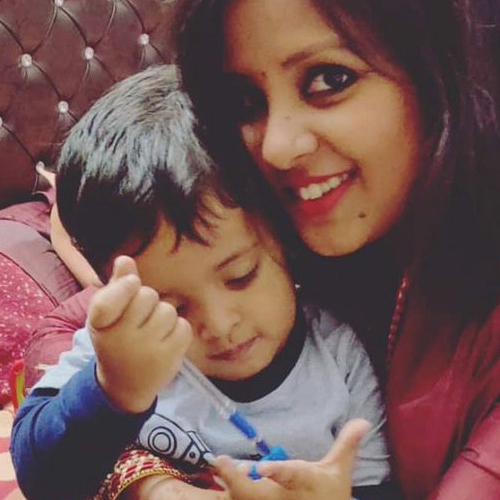


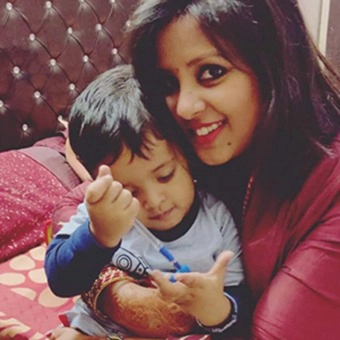

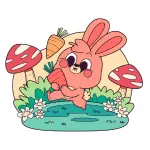
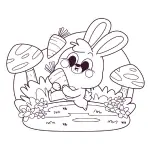
Leave a Comment